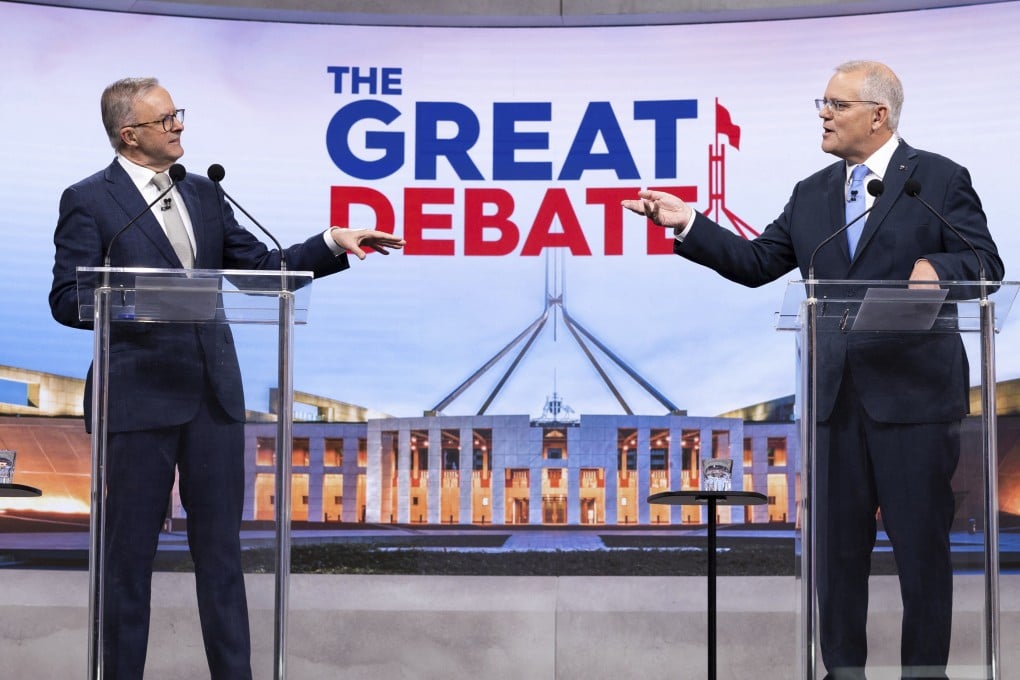Advertisement
The View | Despite the apparent thaw, Australia’s core China policy remains hardline
- Canberra’s shift in tack is stabilising relations but does not change the deep-set political suspicion about what China’s new assertiveness represents
- The continuity between this government and the last shows that fear of China remains the tectonic force in Australia’s strategic imagination
Reading Time:3 minutes
Why you can trust SCMP
22

The speeches and talking points of Australian leaders no longer throb to the beating “drums of war” but they have not turned the page on the deep-seated fears of Chinese power, which continue to trouble policymakers and pundits alike.
There has, to be sure, been important surface-level change. Australian Foreign Minister Penny Wong and her Chinese counterpart Wang Yi met recently on the sidelines of the UN General Assembly in New York, their second meeting in 12 weeks. Both nations cautiously welcomed the resumption of more regular high-level exchanges.
Both sides have also revived the use of “comprehensive strategic partnership” to describe the relationship, a label effectively shelved during the previous Scott Morrison government.
There are rumblings, too, of the possibility of a meeting between Australian Prime Minister Anthony Albanese and Chinese President Xi Jinping at the G20 summit in Bali next month, which Albanese has indicated he would welcome.
This thaw is largely attributable to remodulated Australian government rhetoric and reinvigorated diplomacy, as well as perhaps a realisation on Beijing’s part that the course it has pursued since 2020 was not leading anywhere useful.
Wong has outlined her aim to bring the previously sidelined Department of Foreign Affairs and Trade back to the forefront on the formulation and implementation of foreign policy. Deputy Prime Minister Richard Marles has emphasised that the government is committed to changing its tone on China, forsaking provocation for moderation and restraint.
Advertisement
